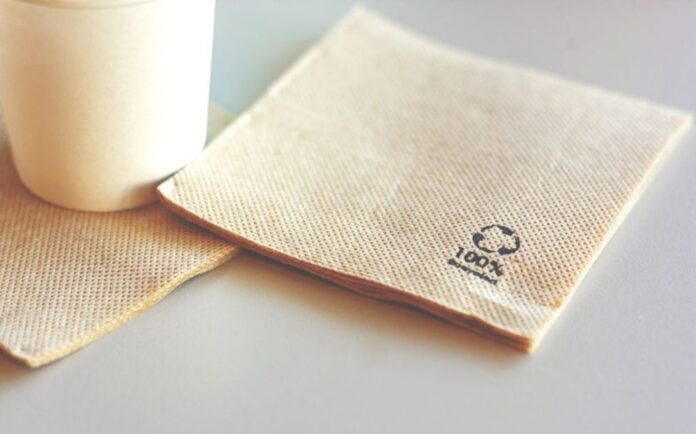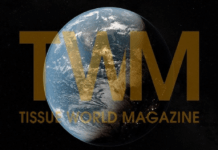Kemira has launched its latest advanced polymer technology to solve stickies challenges in recycled paper, board and tissue.
The company said its quick inversion polymer technology helps address stickies originating from tapes, glues, and labels used in recovered and recycled packaging material.
It also highlighted a case study from a tissue mill producing recycled tissue grades.
Here it found that improved stickies control “helped reduce defects in converting, and also dramatically improved the machine’s creping blade life”.
Michael Wallace, Senior Manager, Wet End Applications at Kemira, said: “The increasing use of recycled fibres in paper and board production brings unique challenges for manufacturers.
“A common problem are the contaminants that are present in secondary fibre furnishes and can significantly reduce production efficiency and product quality.”
He added that the latest quick inversion polymers “provide superior hydrophobic particle fixation and have proven success in improving machine cleanliness and with it, machine runnability and efficiency in both recycled linerboard and tissue grades”.
He said: “Our customers need solutions that are cost-efficient, easy to apply, and compliant with modern regulations, e.g. suitable to be used in food contact.
“These products are the result of significant research into the right molecular weight and charge to find the optimal fixation performance to control the stickies.”
Kemira’s quick inversion polymers are part of the KemForm Retention and Drainage concept, and the products are available under the FennoPol tradename globally.





























